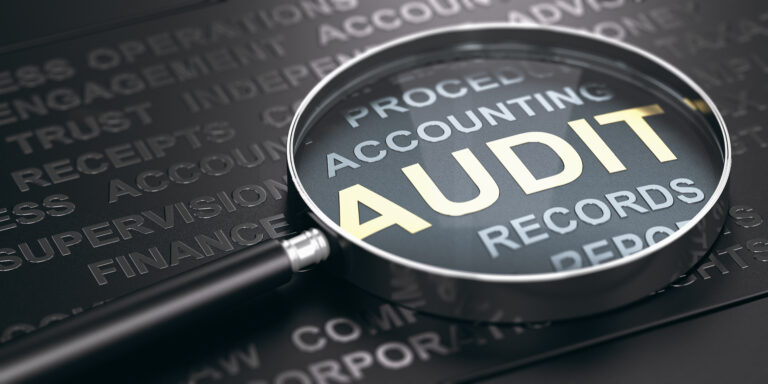Can You Deduct Car-Related Expenses for Your Business?
If you are a business owner who uses your car, van, or pickup truck frequently for work-related travel, you may have heard that you can deduct certain car-related expenses on your tax return. In some cases, this can be one of the biggest tax deductions for a small business. There are certain considerations to be made, however. This post guides you through some important rules to consider when claiming car-related expenses.

Determining If You Qualify
In order to qualify to deduct car-related expenses, you must meet the following criteria:
Ownership
You must own the vehicle or be responsible for its lease.
Business Use
You must use the vehicle for business purposes.
Commuting to and from your home to your regular workplace does not count for this deduction. Further, the rules for self-employed individuals differ from those for employees. We are specifically discussing the rules for business owners here.
Choosing your Deduction Method
There are two main methods you can choose between when determining your vehicle-related deduction:
Standard Mileage Rate
Under this method, you’re allowed to deduct a fixed rate per mile driven for business purposes. The IRS updates this rate each year, sometimes more often. In 2023 the standard mileage rate is 65.5 cents per business mile. For example, if you drove 10,000 miles for business purposes in the tax year, your standard mileage deduction would be: 10,000 miles x $.655 = $6,550.
Actual Expenses
Under this method, you can deduct the actual costs incurred for the business use of your vehicle. This includes:
- Gas
- Depreciation
- Lease payments
- Registration fees
- Car insurance
- Repairs and maintenance
- Oil
- Licenses
- Tolls
- Parking fees
- Garage rent
You can only deduct the portion related to your business use, so you must track your business and personal mileage to determine the breakout between each. For example, if you incurred $5,000 total actual vehicle expenses in a given year and used your car 60% for business and 40% for personal use, you’d be allowed a deduction of: $5000 x 60% = $3000.
As you can imagine, this method requires much more recordkeeping than the standard mileage rate method. It’s important to estimate, as best you can, which method you believe will result in the greatest deduction over the business-use life of your vehicle. This can be a difficult assessment to make but a tax professional can help.
Your selection of method is especially important in the first year you use your vehicle for business. If you use the actual expense method in the first year, you cannot use the standard mileage rate deduction in future years. If you use the standard mileage rate method in the first year however, you can switch to actual expenses in a subsequent year. One exception to this is leased vehicles, for which claiming the standard mileage rate deduction in the first year locks you into the method for the remaining lease period.
Keeping Detailed Records of Car-Related Expenses
As with most tax deductions, keeping supporting records is key. Regardless of the method selected, you should keep a mileage log of miles driven for business purposes and track your total personal miles driven. Your business-use log should include date, starting and ending location, miles driven, and purpose of trip. There are many apps available today that automate the tracking process for you.
If deducting actual expenses, you should keep receipts and tally total expenses by category. Keeping organized records makes calculating your deduction significantly easier come tax time.
Other Car-Related Expenses Considerations
One of the biggest expenses of owning a vehicle is depreciation. Under the actual expenses method, you may even be able to write-off most of the car’s cost in the first year if you’re eligible for the special depreciation allowance or section 179. This determination can be complex, so it’s advisable to consult with a tax professional for guidance.
The standard mileage rate includes an amount related to depreciation. Therefore, no additional complex depreciation calculations are required in most tax years. However, if you choose to switch methods or sell the vehicle, you will need to know the portion of the standard mileage deduction you took in prior years that related to depreciation. You should track your deduction by year and keep a running schedule for this situation.
Seeking Professional Advice
If you meet all of the criteria to deduct vehicle-related expenses, it may be a valuable opportunity for you to reduce your taxable income and save money. By understanding the eligibility criteria, choosing the deduction method that works best for you, keeping detailed records, and seeking professional guidance when needed, you can confidently navigate the road to savings. Our tax specialists at My.CPA are ready to help you get the maximum deduction allowable under tax law.





